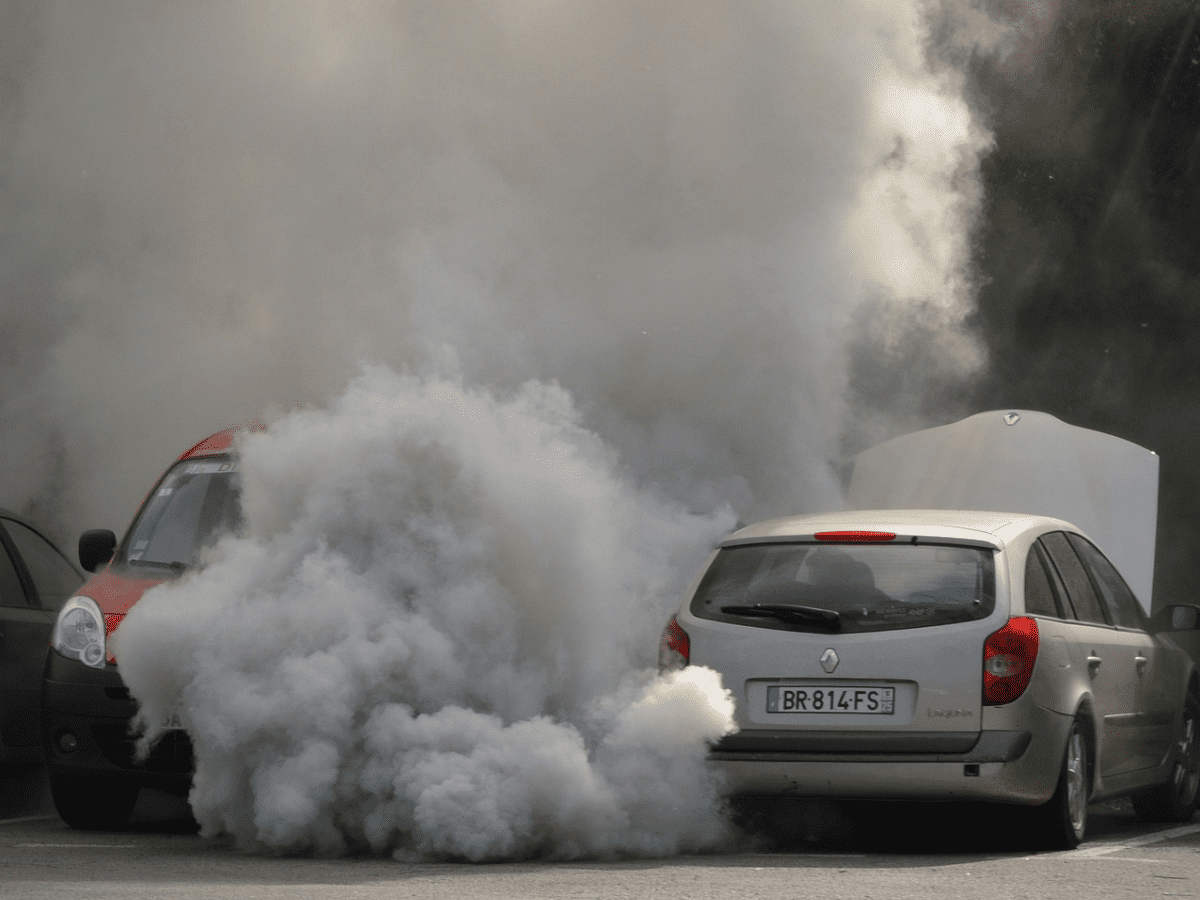
Hyderabad: Implementation of an action plan for reducing air pollutants, e-waste and construction and demolition (C&D) waste processing to improve the air quality in the city was reviewed by the Telangana State Pollution Control Board (TSPCB).
Special chief secretary, of environment, science and technology, Rajat Kumar, conducted a review meeting with a team from IIT-Kanpur, member secretary of the board Neetu Prasad, and others on Monday.
A presentation made by an academic from IIT-Kanpur, Mukesh Sharma, on a source apportionment study carried out in the city revealed that major sources that added to air pollution were identified as road dust, vehicular emissions, open burning, secondary pollutants and industries.
Particulate matter of sizes less than 10 and 2.5 microns in the air are the add-ons to the pollution, stated Mukesh during the meeting.
Deliberations about the additional measures to be taken for an immediate reduction in the particulate matter were discussed by the officials who decided to conduct a series of workshops to brainstorm on the action plan.
Speaking during the meeting, Rajat Kumar said that the Centre is releasing funds under the 15th Finance Commission to Hyderabad for taking up important activities to reduce air pollution.
“Based on the results of the study, the Air Quality Monitoring Committee (AQMC) will allocate the funds to different activities in the proportion to the source contribution,” he added.
Citing the reduction in air pollution in Nalgonda town owing to various interventions, Rajat Kumar said the focus is now on Hyderabad.
He further reviewed the implementation of the e-Waste Management Rules and noted that there has been an improvement in e-waste collection from 30,000 tonnes to 44,000 tonnes per year.
The main challenge still remains with e-waste collection from the domestic sector and also with training of the informal sector for scientific processing of the same.
Rajat Kumar directed the TSPCB to increase awareness programmes through different media to sensitise all sections and improve the collection mechanism from the domestic sector.
The construction and demolition waste management was also reviewed which revealed that the total capacity has been increased from 1000 tonnes per day to 2000 tonnes per day.
Rajat Kumar further instructed that the C&D processed material should be made mandatory for re-use in different projects and made suggestions for the study of such policies in other states



